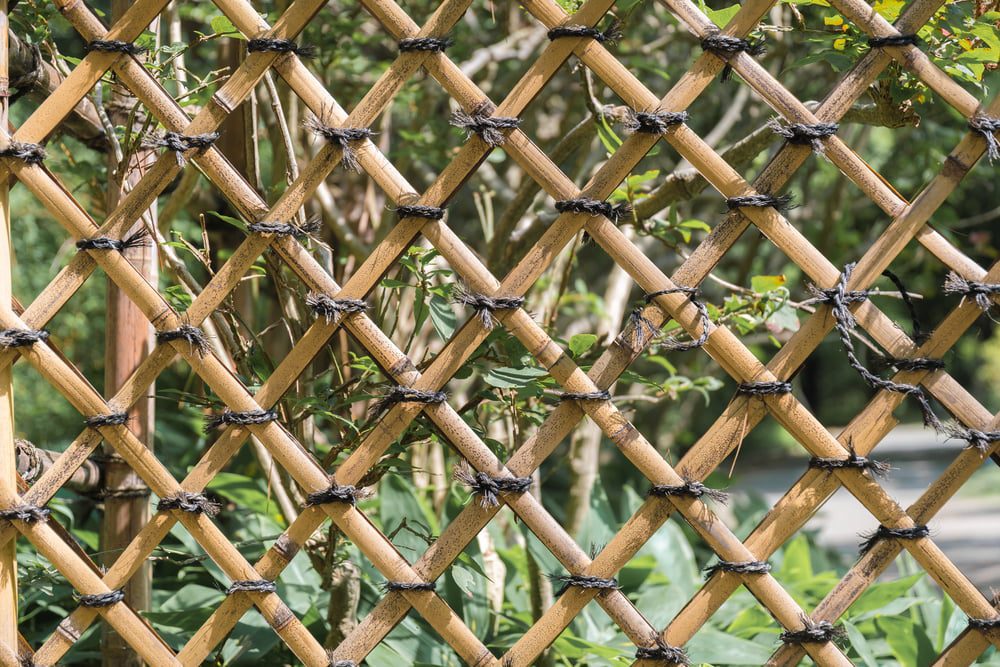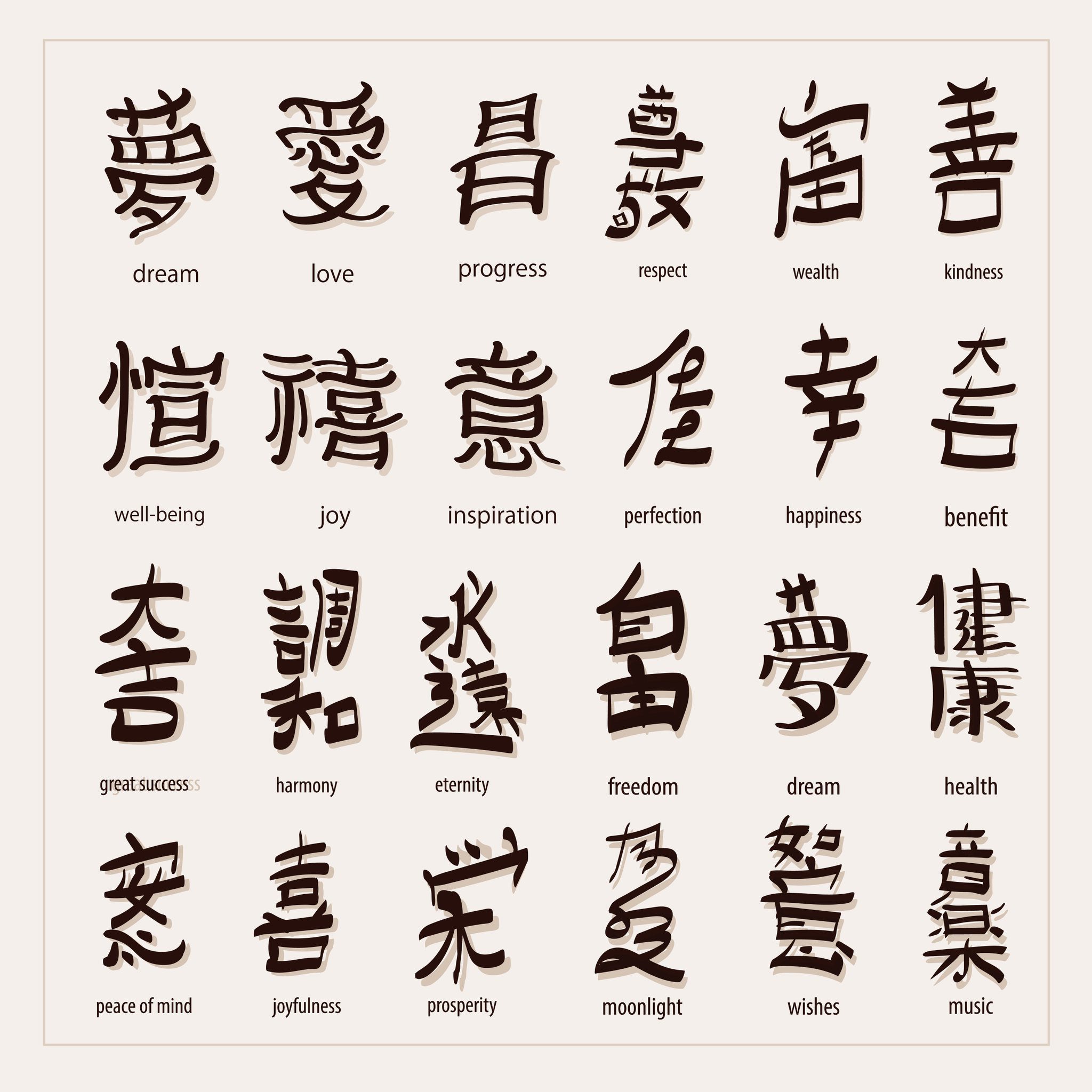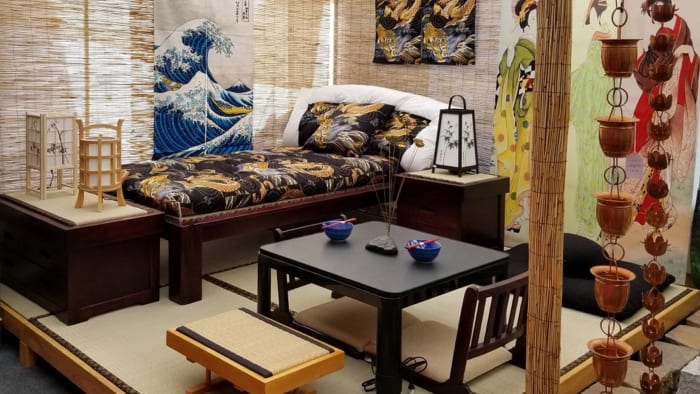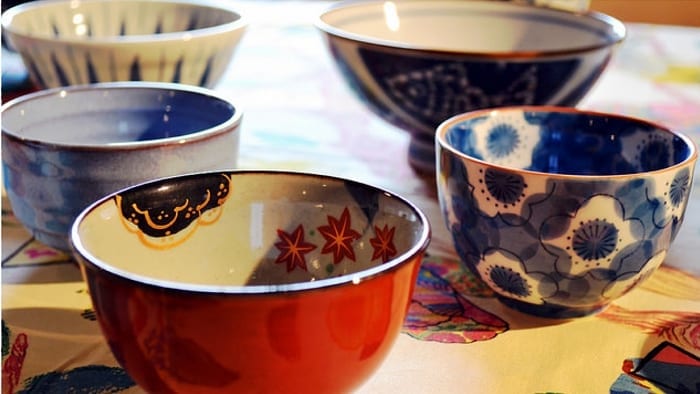When we think of bamboo, we often think of China and its pandas. But, believe it or not, there is more to bamboo than you think. Bamboo is not just a plant commonly found in Asian countries. Bamboo is symbolic in Japanese Culture. In fact, bamboo is so abundant that Japan was able to utilize them for a wide variety of uses for many years.
A Few Reasons why Bamboo is Important in Japanese Culture
Bamboo in Japan
Although we usually associate bamboo with Chinese culture, Japan is actually plentiful with bamboo. The Japanese have used them for warmth, construction, handicrafts, and even in Japanese cuisines because it is so abundant.
It is so enshrined in Japanese culture that they even have expressions inspired by bamboo. Expressions such as “ki ni take o tsuida yo da” (like bamboo grafted onto a tree), “take ni ki tsugu” (putting bamboo and wood together), “yabuisha” (incompetent doctor quack created by combining the words “yabu” which means bamboo, and “isha” which means doctor), and “yabuhebi” (to reap ill-fortune from an unnecessary act) are just a few examples of common Japanese expressions inspired by experiences with using bamboo.
Structure of the Bamboo
It signifies strength and prosperity. The very features of the bamboo plant make it all the more proper. Believe it or not, bamboo is a robust plant. Its root structure is unlike anything you’ve ever seen. It is strong enough to withstand the hot summers, the cold winters, and sometimes it’s even the only thing standing after an earthquake. This is why in Japan, people are advised to go to bamboo forests in case of earthquakes as bamboo has a stronger and more stable structure than most trees.

Tale of the Bamboo Cutter
In Japan, bamboo also symbolizes purity and innocence. This is exemplified by their well-loved tale, called Taketori Monogatari, which translates to Tale of the Bamboo Cutter. In this story, a young lady named Kaguya-hime was found inside a bamboo stalk. An older man and woman raised her, and although many young men proposed to her, she said yes to none. One evening, she suddenly disappears to return to the moon during the full moon because it was her place of birth.
Bamboo to Ward Off Evil
Japan has plenty of festivals. In some festivals, however, they use bamboo and bamboo grass to ward off evil. One good example of this is the Tanabata festival, where people write wishes on strips of paper and hang them on bamboo grass.
Some shrines also use bamboo. Some use regular bamboo groves as protection for evil, but some take a larger scale when using bamboo. For instance, there’s a Shinto shrine in Japan surrounded by a bamboo forest. That forest serves as a sacred barrier or wall against evil. Bamboo really is a significant part of Japanese culture. It is embedded in their lives that have in some way, shape, or form changed or influenced their way of living.
Questions about bamboo? Email us!



